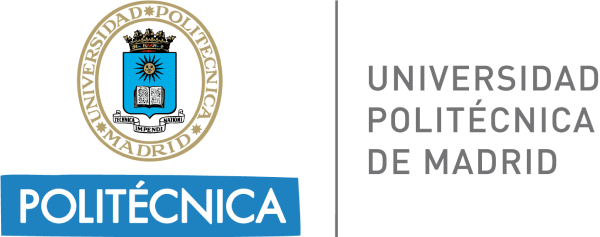Swayam
Free Online Course
English
Certificate Available
12 weeks long
selfpaced
Overview
This course is designed with an aim of educating students on the process flow for designing electronic systems for tissue-based cancer diagnosis. An exposure towards developing strategies to discriminate pathological cells from normal ones based on the electrophysiological properties of cells. Design and integrate biochip with electronic module for understanding the electro-thermo-mechanical properties of tissues. microtechnology and its use to fabricate sensors and systems. Students will have an exposure towards how to fabricate the sensors and its application in real world. Several examples of engineering devices used in clinical research will be also covered. Both conventional (class 1000) and non-conventional (class 10000) clean room and some equipment within it will also be shown. Below are some of the course outcomes.The first objective of this course is to understand cancer and its properties: Breast Cancer and Oral CancerThe second objective is to educate the students on the process flow for designing electronic systems for tissue-based cancer diagnosisThe third objective is to develop skills to design electronic systems for cytology-based studiesFourth objective is to develop skills to integrate biochips with electronic system for cancer diagnosisThe fifth objective is to understand how to work in a conventional (class 1000) and non-conventional (class 10000) clean room environment and understand several equipmentsThe final objective is to learn and understand in detail how to design electronic systems with the preexisting knowledge of basic electronics and to add on the 3D printing skills.
INTENDED AUDIENCE : Engineering Students, Faculty from Engineering CollegesPREREQUISITES : Basic Electronics/MicrofabricationINDUSTRY SUPPORT : NILL
INTENDED AUDIENCE : Engineering Students, Faculty from Engineering CollegesPREREQUISITES : Basic Electronics/MicrofabricationINDUSTRY SUPPORT : NILL
Syllabus
COURSE LAYOUT
Week 1: Introduction to tissue related cancers (Focusing on Breast Cancer and Oral Cancer)Current Gold StandardsWeek 2:Understanding the change in cells or tissue morphology.Developing strategies for diagnosis based on Morphology changes.
Week 3:Basics of tissue culture methods: Types of cell growth, Work area and equipment (Laminar flow hoods, CO2 incubators, Microscopes, Preservation, Vessels, Storage)
Week 4: Maintaining cells (harvesting, media and growth requirements), Safety considerations, Cell counting
Week 5: Understanding 3D Printing and its use as packaging and press-fit contacts in electronic systems for cancer diagnosis
Week 6: Hands-on experience in designing a 3D printed casing for electronic system packaging
Week 7: Process for designing electronic system for early diagnosis of cancer based on tissue images
Week 8: Process for designing electronic systems for cytology studies (cell extraction, scanning and image capturing).
Week 9: Electronic Systems integrated with Biochip for understanding change in electro-thermo-mechanical properties of tissue
Week 10: Working in a Clean Room (non-conventional Class 10000) and inspection of Cancer Diagnosis Tool with a basic training of operating the tools
Week 11: Hands-on experience on lithography
Week 12: Hands-on experience on wet-bench
Taught by
Prof. Hardik Jeetendra Pandya

